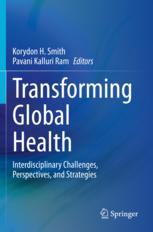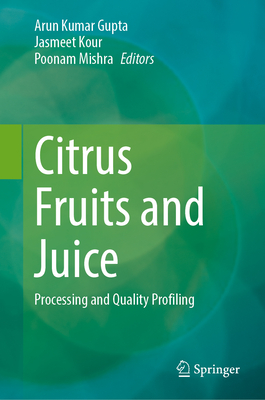
Transforming Global Health
改变全球卫生:跨学科的挑战、展望与策略
伦理学
¥
552.5
售 价:
¥
442.00
优惠
平台大促 低至8折优惠
发货周期:国外库房发货,通常付款后3-5周到货!
出版时间
2021年08月26日
装 帧
平装
页 码
327
语 种
英文
综合评分
暂无评分
- 图书详情
- 目次
- 买家须知
- 书评(0)
- 权威书评(0)
图书简介
This contributed volume motivates and educates across fields about the major challenges in global health and the interdisciplinary strategies for solving them. Once the purview of public health, medicine, and nursing, global health is now an interdisciplinary endeavor that relies on expertise from anthropology to urban planning, economics to political science, geography to engineering. Scholars and practitioners in the health sciences are seeking knowledge from a wider array of fields while, simultaneously, students across majors have a growing interest in humanitarian issues and are pursuing knowledge and skills for impacting well-being across geographic and disciplinary borders.Using a highly practical approach and illustrative case studies, each chapter of this edited volume frames a particular problem and illustrates how interdisciplinary problem-solving can address the greatest challenges in global health today. In doing so, each chapter spurs critical and creative thinking about emergent and future problems.Topics explored among the chapters include:Transforming health and well-being for refugees and their communitiesGoverning to deliver safe and affordable water The global crisis of antimicrobial resistanceLow-tech, high-impact interventions to prevent neonatal mortalityCommunicating taboo health subjectsAlternative housing delivery for slum upgradesTransforming Global Health: Interdisciplinary Challenges, Perspectives, and Strategies is a vital and timely compendium for any reader invested in improving global health equity. It will find an audience with researchers, practitioners, policymakers, and program implementers, as well as undergraduate and graduate students and faculty in the fields of global health, public health, and the health sciences.
本书暂无推荐
本书暂无推荐














